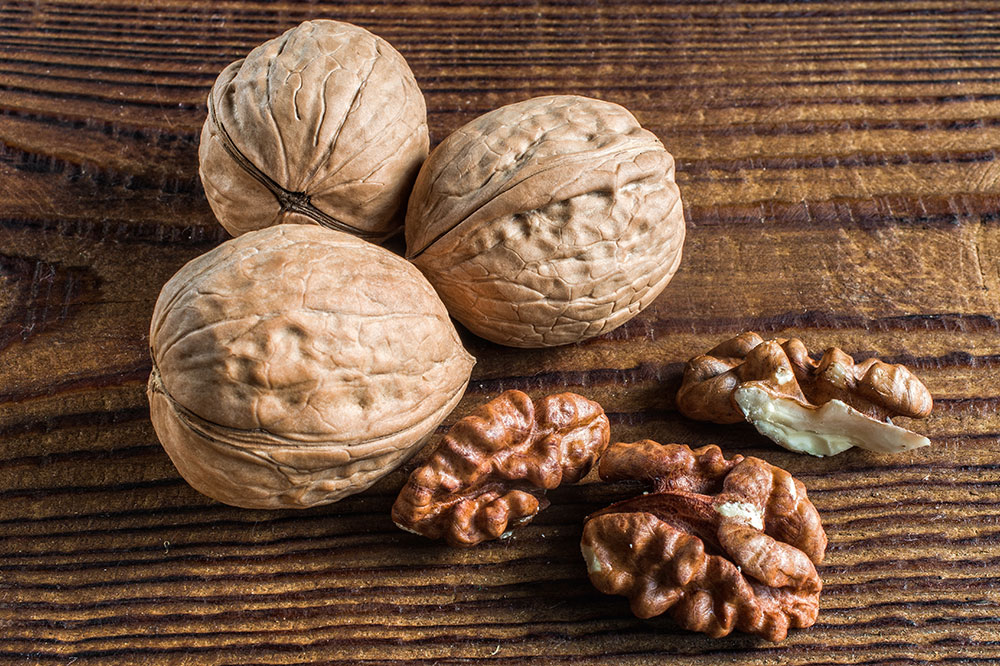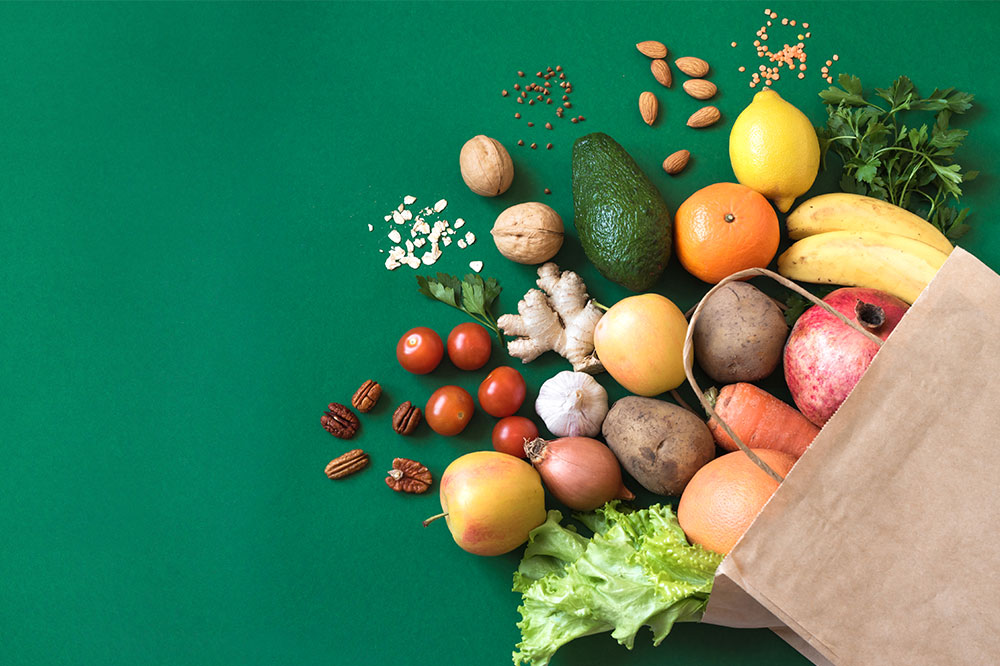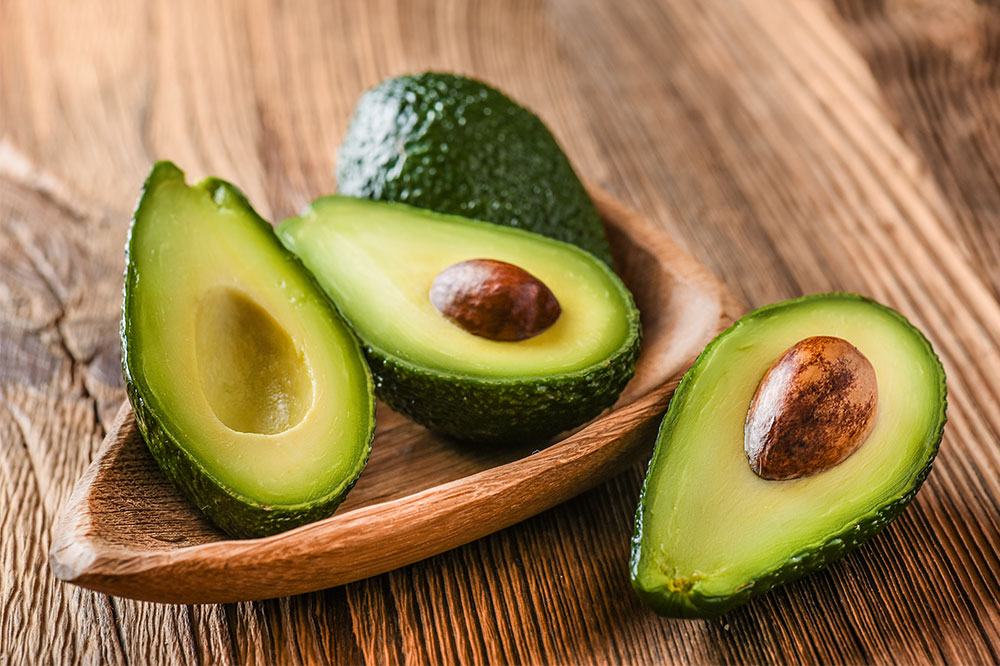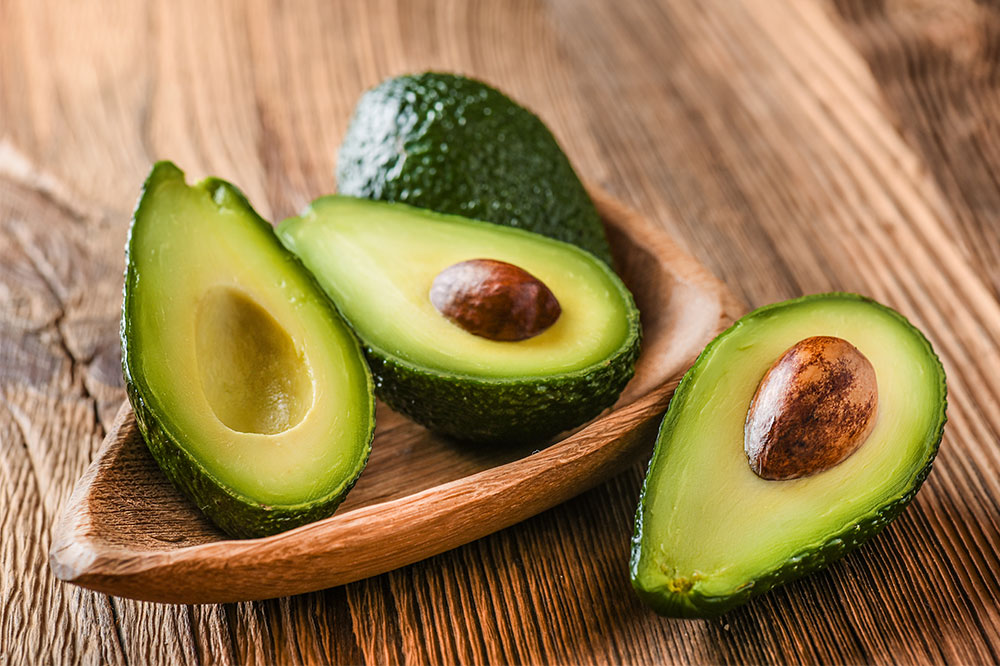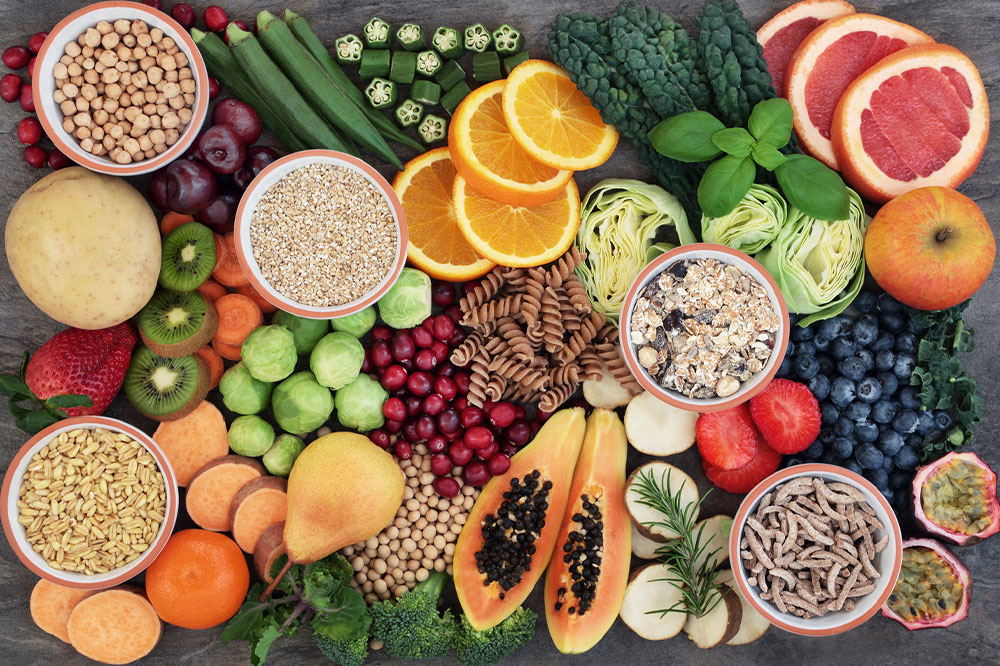Essential Nutrients for a Strong Heart and Lifelong Wellness
Discover comprehensive insights into the top 10 essential nutrients and foods that promote a healthy heart and longevity. From omega-3 rich fish to green leafy vegetables and antioxidant-rich dark chocolate, learn how to incorporate these superfoods into your daily diet to reduce cardiovascular risks and enjoy a longer, healthier life. This detailed guide emphasizes prevention through proper nutrition and offers practical tips for maintaining heart health with delicious, nutrient-packed options.
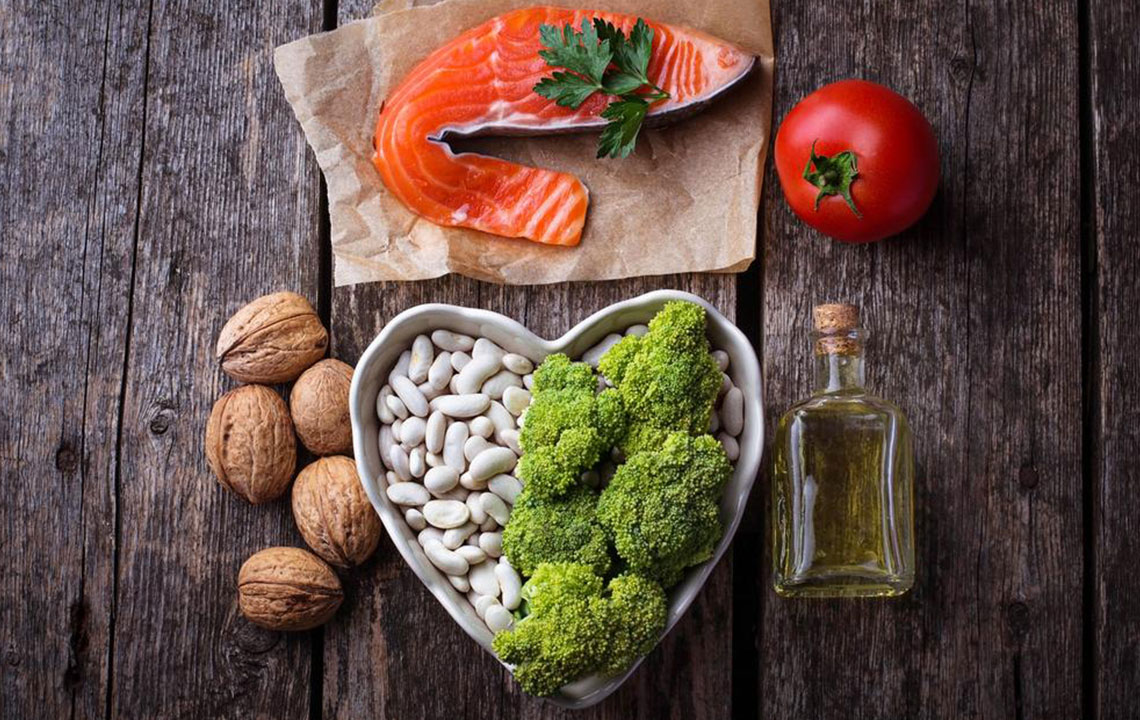
Essential Nutrients for a Strong Heart and Lifelong Wellness
Heart health is a vital component of overall wellness, influencing longevity and quality of life. Numerous factors, including diet, lifestyle, and genetics, play crucial roles in maintaining a healthy heart. Unhealthy eating patterns, excessive consumption of fast food, and irregular meal timings are common contributors to cardiovascular problems.
Adopting a heart-healthy diet rich in specific nutrients can substantially lower the risk of heart disease and promote longevity. Incorporating these key foods into daily meals not only enhances cardiovascular health but also supports overall vitality. Prevention remains the most effective strategy, so initiating healthy eating habits early is highly recommended.
Below are the top essential nutrients and foods that contribute to a stronger heart and longer life.
Salmon and Fatty Fish
Salmon is renowned for its high content of omega-3 fatty acids, particularly EPA and DHA, which have potent anti-inflammatory and anti-clotting properties. These healthy fats help improve blood circulation, reduce blood clot formation, and lower triglyceride levels—factors directly linked to cardiovascular health. Regular consumption of two servings of fatty fish like salmon weekly can maximize these benefits. In addition to salmon, other fish such as trout, tuna, sardines, and mackerel are excellent omega-3 sources, providing variety and nutritional diversity in your heart-healthy diet.
Oatmeal and Whole Grains
Oatmeal is a powerful, heart-protective food rich in soluble fiber, which plays a crucial role in managing cholesterol levels. Daily intake of a bowl of oatmeal helps bind to LDL cholesterol in the digestive system, reducing its absorption into the bloodstream. To optimize heart benefits, choose natural, minimally processed oats such as steel-cut oats or rolled oats over flavored or instant varieties. Additionally, incorporating other whole grains like whole wheat bread, brown rice, quinoa, and whole-grain pasta can provide consistent fiber intake, supporting stable blood pressure and overall cardiovascular health.
Nuts: Walnuts and Beyond
Nuts are a compact source of essential nutrients beneficial for heart health. Walnuts, in particular, contain high levels of polyunsaturated fats and alpha-linolenic acid (ALA), a plant-based omega-3 fatty acid. Regular nut consumption can significantly decrease LDL (“bad”) cholesterol levels while increasing HDL (“good”) cholesterol, thereby reducing the risk of cardiovascular disease. Studies indicate that walnuts can halve the likelihood of heart issues, thanks to their rich profile of healthy fats. Other nuts such as almonds, pistachios, and peanuts also offer similar benefits due to their vitamin E content, which helps prevent cholesterol oxidation and arterial damage. Incorporating unsalted nuts as snacks or meal add-ons is a simple way to bolster heart health.
Green Vegetables: Broccoli, Kale, Spinach
Green vegetables are nutrition powerhouses, packed with essential vitamins, minerals, and plant compounds that improve cardiovascular function. Rich in carotenoids such as beta-carotene and lutein, they assist in detoxification processes and reduce oxidative stress. Kale, spinach, broccoli, and other leafy greens are particularly beneficial for their high levels of magnesium, potassium, and other heart-supporting nutrients. Kale, in addition to several other greens, contains omega-3 fatty acids that further enhance their heart-protective properties. Regular consumption of a variety of green vegetables supports healthy blood vessel function, lowers blood pressure, and reduces the risk of heart disease.
Legumes and Potatoes
Legumes such as lentils, chickpeas, and beans are excellent sources of dietary fiber, protein, and essential minerals, all of which promote a healthy cardiovascular system. Potatoes, especially when baked or boiled, are rich in potassium and fiber. Potassium is known for its ability to regulate blood pressure, a critical factor in preventing heart disease. While fried potatoes should be avoided due to added fats and calories, baking or boiling them retains their health benefits. Moderation is vital, as excessive consumption of starchy foods can lead to weight gain and other health issues, but when properly prepared, potatoes and legumes are vital components of a heart-healthy diet.
Tomatoes and Lycopene
Tomatoes are a rich source of potassium and the potent antioxidant lycopene. Lycopene has been scientifically linked to lowering LDL cholesterol levels and reducing the accumulation of cholesterol deposits in the arteries. It also helps maintain endothelial function and improve blood vessel elasticity, decreasing the risk of heart attacks. Incorporating tomatoes regularly into meals—whether fresh, cooked, or as part of sauces—can significantly benefit cardiovascular health. The combination of potassium and lycopene makes tomatoes a vital food for preventing cardiovascular issues and promoting longevity.
Olive Oil and Healthy Fats
Olive oil, particularly extra virgin olive oil, is a cornerstone of the Mediterranean diet and a highly recommended source of monounsaturated fats. Replacing refined vegetable oils with olive oil can lower LDL cholesterol and arterial plaque formation. Its anti-inflammatory properties further support cardiovascular health by reducing vessel inflammation and improving endothelial function. Using olive oil for cooking or dressing salads is an excellent strategy for maintaining a heart-friendly diet. The healthy fats in olive oil are linked to decreased risks of coronary artery disease and strokes.
Green Tea and Antioxidants
Green tea is famous for its high content of catechins, potent antioxidants that combat oxidative stress and inflammation—key contributors to heart disease. Regular consumption of green tea can improve blood vessel function, lower blood cholesterol levels, and reduce blood pressure. These effects collectively support a healthier cardiovascular system. Drinking green tea daily, instead of sugary beverages, offers a natural and enjoyable way to bolster heart health and overall wellness.
Dark Chocolate and Flavonoids
In moderation, dark chocolate—particularly varieties containing over 70% cocoa—can be a delicious addition to a heart-healthy diet. Rich in flavonoids, dark chocolate helps improve vascular function, prevent clot formation, and reduce inflammation. These antioxidants also protect against cholesterol buildup on artery walls. Consuming a small piece of dark chocolate as an occasional treat can provide cardiovascular benefits without the adverse effects of excess sugar and fat. It’s a pleasurable way to support heart health while satisfying sweet cravings.

